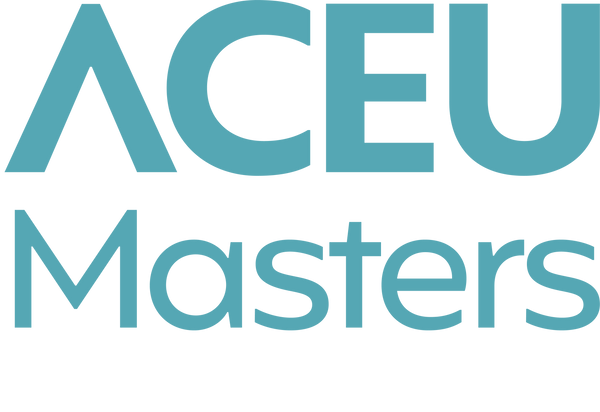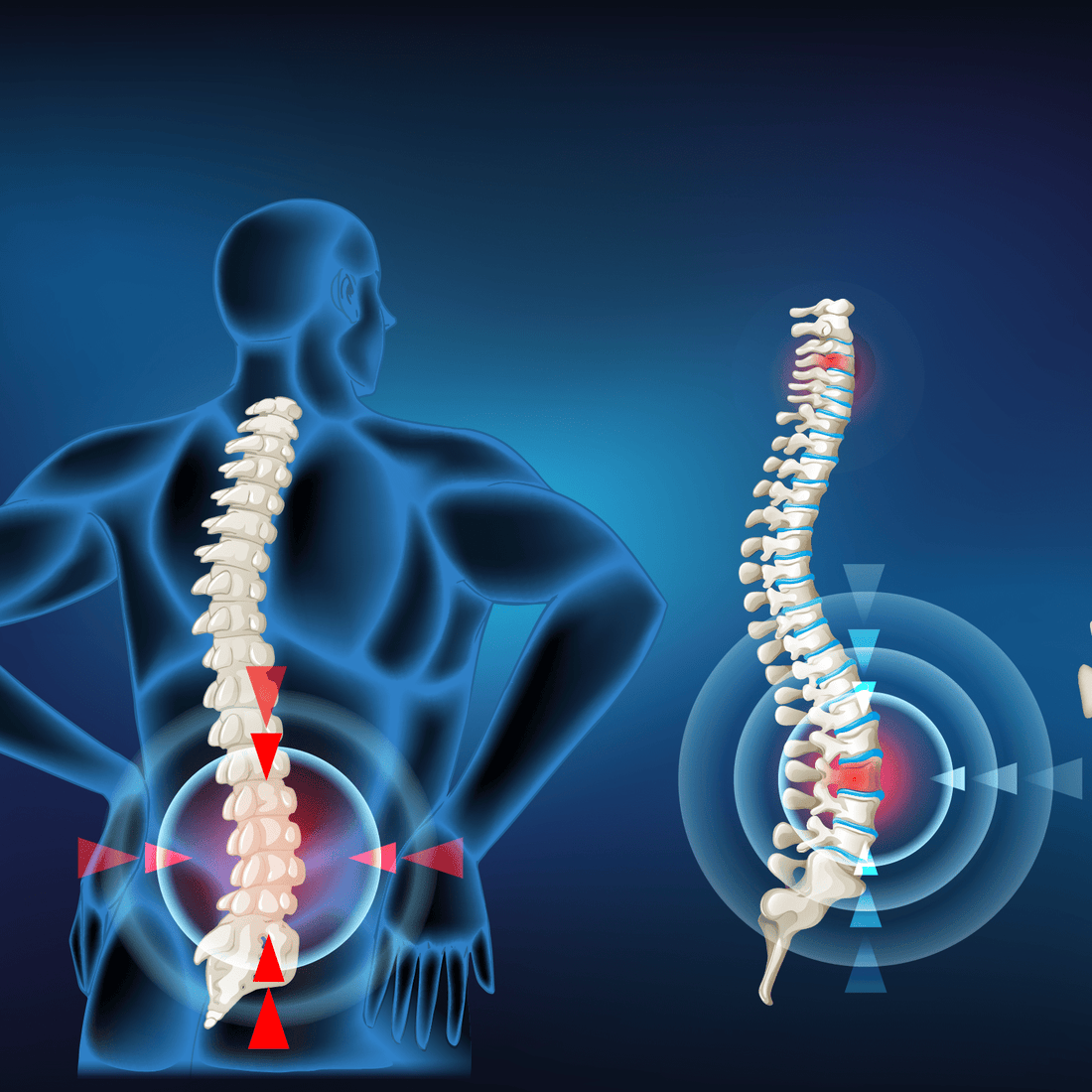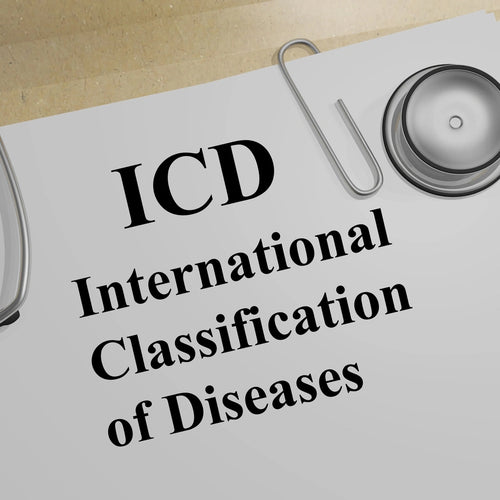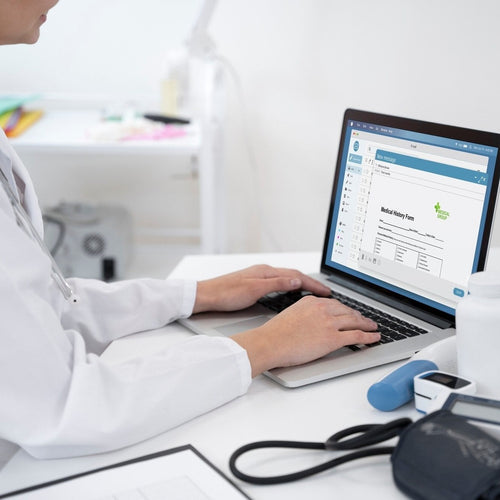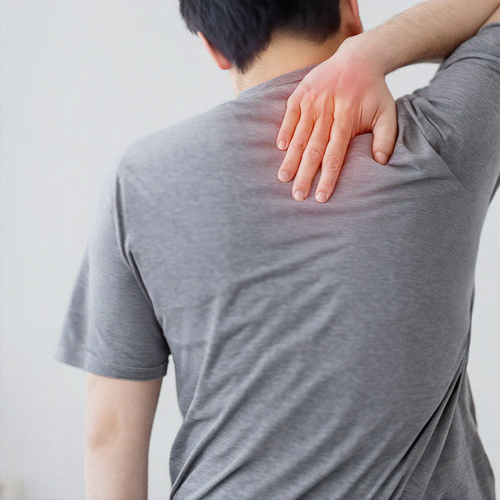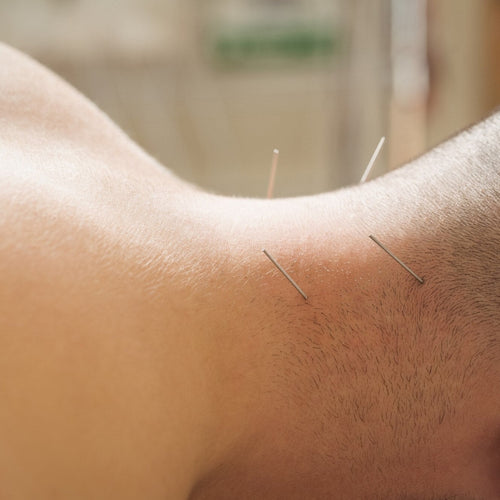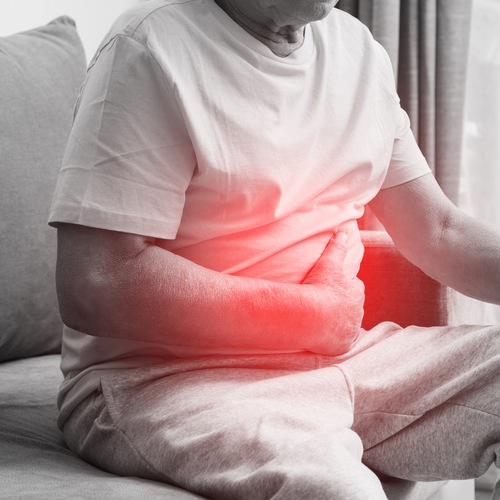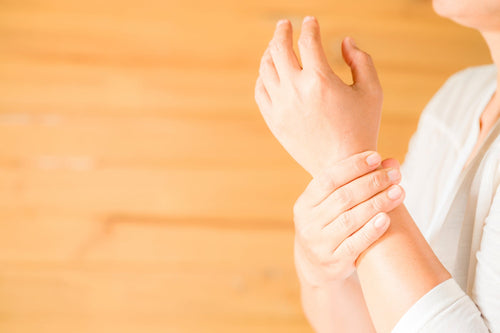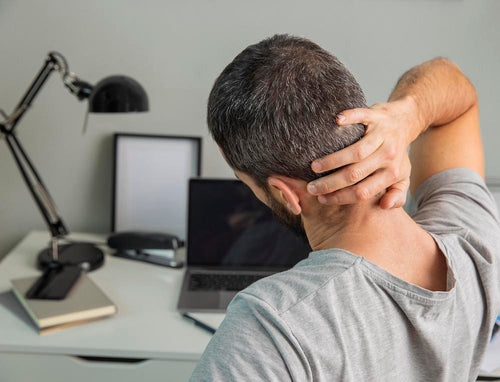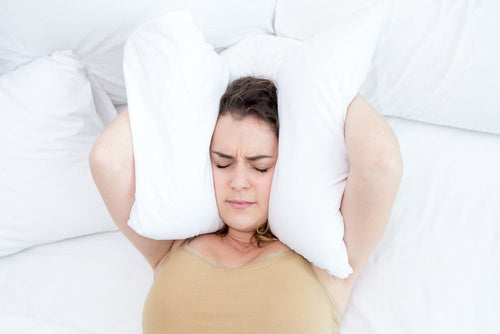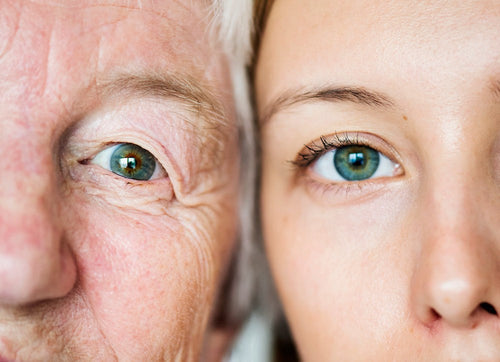Herniated discs can cause debilitating pain and severely impact the quality of life for those who suffer from them. As a treatment, acupuncture has increasingly gained attention for its potential to alleviate this pain without invasive surgery or medications. So, does acupuncture help herniated discs? This article seeks to answer this question by examining the mechanisms, relevant acupuncture points, and TCM patterns involved in treating herniated discs.
Three Factors Contributing to Herniated Discs
1. Age
The risk of experiencing a herniated disc increases with age as spinal discs lose their flexibility.
2. Physical Strain
Improper lifting, sudden twists, or other physically demanding activities can contribute to disc herniation.
3. Sedentary Lifestyle
Extended periods of sitting or lack of exercise can weaken the muscles that support the spine, contributing to disc problems.
Specific Acupuncture Points for Herniated Discs
Governing Vessel Meridian:
- GV3 (Yang Ling Quan): Located on the midline of the lower back, it's useful for treating back pain associated with herniated discs.
Bladder Meridian:
- BL40 (Wei Zhong): Located at the back of the knee, it helps alleviate pain in the lower back and legs.
Gallbladder Meridian:
- GB30 (Huan Tiao): Situated at the junction of the buttocks and thigh, it is effective in treating sciatic pain often associated with herniated discs.
TCM Patterns and Herniated Discs
Kidney Essence Deficiency:
This pattern manifests as chronic, dull lower back pain, which can worsen after activity.
- Acupuncture Treatment: KI3 (Tai Xi) and GV4 (Ming Men) to nourish Kidney Essence.
- TCM Formulas: Zuo Gui Wan to nourish the Kidney Essence.
- Dietary Suggestions: Foods that nourish Kidney Essence like black sesame seeds, goji berries, and walnuts.
Blood Stasis and Qi Stagnation:
Sharp, stabbing pain that's localized around the herniated disc area.
- Acupuncture Treatment: BL17 (Ge Shu) and SP10 (Xue Hai) to invigorate blood and move Qi.
- TCM Formulas: Huo Luo Xiao Ling Dan to alleviate pain by removing blood stasis.
- Dietary Suggestions: Foods that move blood and Qi like turmeric, ginger, and garlic.
Damp-Heat Accumulation:
Acute pain accompanied by inflammation and heat sensations.
- Acupuncture Treatment: SP9 (Yin Ling Quan) and GV9 (Zhi Yang) to clear Damp-Heat.
- TCM Formulas: San Miao San to drain Damp-Heat.
- Dietary Suggestions: Cooling foods like cucumber, mint, and watermelon.
Numerous studies and clinical experiences suggest that it can play a substantial role in managing pain associated with herniated discs. For instance, a meta-analysis published in the journal Spinal Cord in 2015 found that acupuncture could effectively relieve pain and improve dysfunction in patients with lumbar disc herniation[1]. Another study in the Journal of Alternative and Complementary Medicine revealed that acupuncture could reduce the need for medication and enhance the overall well-being of patients with herniated discs[2].
By identifying the relevant TCM patterns and utilizing targeted acupuncture points, practitioners can offer a complementary treatment approach that not only alleviates symptoms but also targets underlying imbalances. In the realm of alternative medicine, acupuncture stands out as a promising modality for enhancing the quality of life for those dealing with the painful ramifications of herniated discs.
[1]: Zhao, Z. Q. (2015). Neural mechanism underlying acupuncture analgesia. Spinal Cord, 53(7), 365-371. [2]: Coeytaux, R. R., Kaufman, J. S., Kaptchuk, T. J., Chen, W., Miller, W. C., Callahan, L. F., & Mann, J. D. (2005). A randomized, controlled trial of acupuncture for chronic daily headache. Journal of Alternative and Complementary Medicine, 11(5), 821-828.
